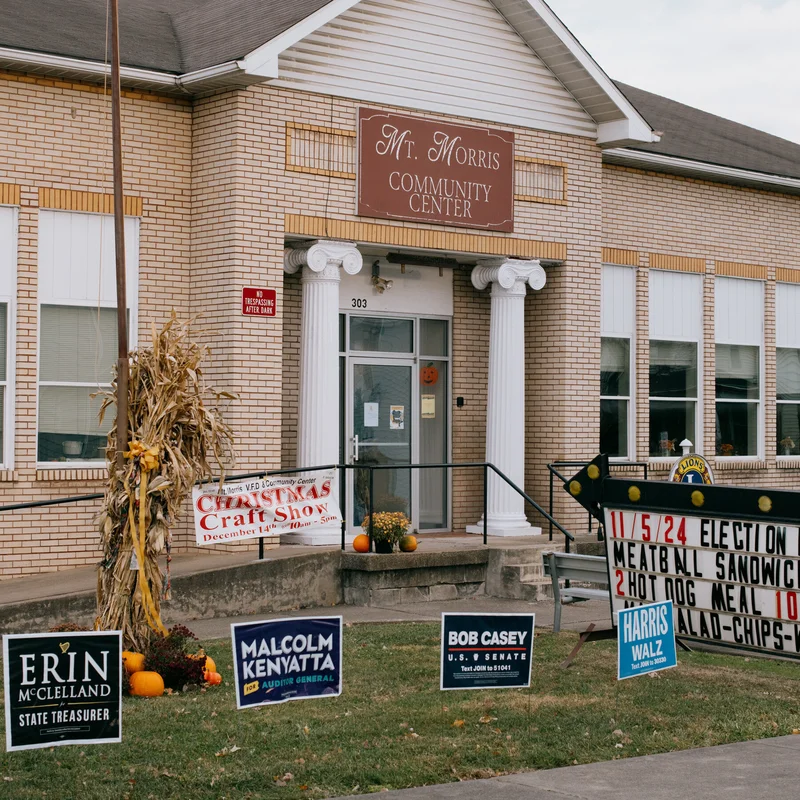In a sweeping escalation of its voter data campaign, the U.S. Department of Justice (DOJ) has filed lawsuits against six states—California, Michigan, Minnesota, New York, New Hampshire, and Pennsylvania—demanding access to sensitive voter information, including driver’s license numbers and partial Social Security numbers. The move intensifies the Trump administration’s push to validate long-debunked claims of widespread voter fraud.
What Is the DOJ Seeking?
The lawsuits, filed on September 25, 2025, request full statewide voter rolls containing private identifiers not typically disclosed to the public. While states routinely publish anonymized voter lists (name, address, party affiliation, voting history), the DOJ is demanding data that election officials say is both unnecessary and dangerous if exposed.
States Sued by the DOJ
- California
- Michigan
- Minnesota
- New York
- New Hampshire
- Pennsylvania
These join earlier lawsuits against Maine and Oregon, bringing the total to eight states targeted so far.
Legal Justification vs. Political Motivation
Attorney General Pam Bondi claims the DOJ is acting under the Civil Rights Act and the National Voter Registration Act to ensure “clean voter rolls.” However, election law experts and bipartisan state officials argue the request lacks legal basis and appears politically driven.
“Nowhere does the Constitution provide the president or the executive branch with any independent power to control elections.”
— Shirley Weber, California Secretary of State
Timeline of the Voter Data Campaign
DOJ sends data requests to 30+ states
Suits filed against Maine & Oregon
Six more states sued
State Responses: Bipartisan Pushback
| State | Secretary of State | Party | Response |
|---|---|---|---|
| Pennsylvania | Al Schmidt | Republican | “Vigorously fight federal overreach in court” |
| Maine | Shenna Bellows | Democrat | “Go jump in the Gulf of Maine” |
| California | Shirley Weber | Democrat | “My office is not obligated to follow along” |
| Mississippi (2024 ref.) | Michael Watson | Republican | Previously told Trump: “Go jump in the Gulf” |
Why This Matters for Democracy
The U.S. Constitution grants states primary authority over elections. Federal attempts to centralize voter data—especially under a president who still disputes the 2020 election—raise alarms about election integrity, federal overreach, and voter privacy.
For deeper insight into election security and federalism, see our analysis at [INTERNAL_LINK:election-federalism-us].
Legal scholars warn that if the DOJ succeeds, it could set a precedent for future administrations to weaponize voter data for partisan gain.




